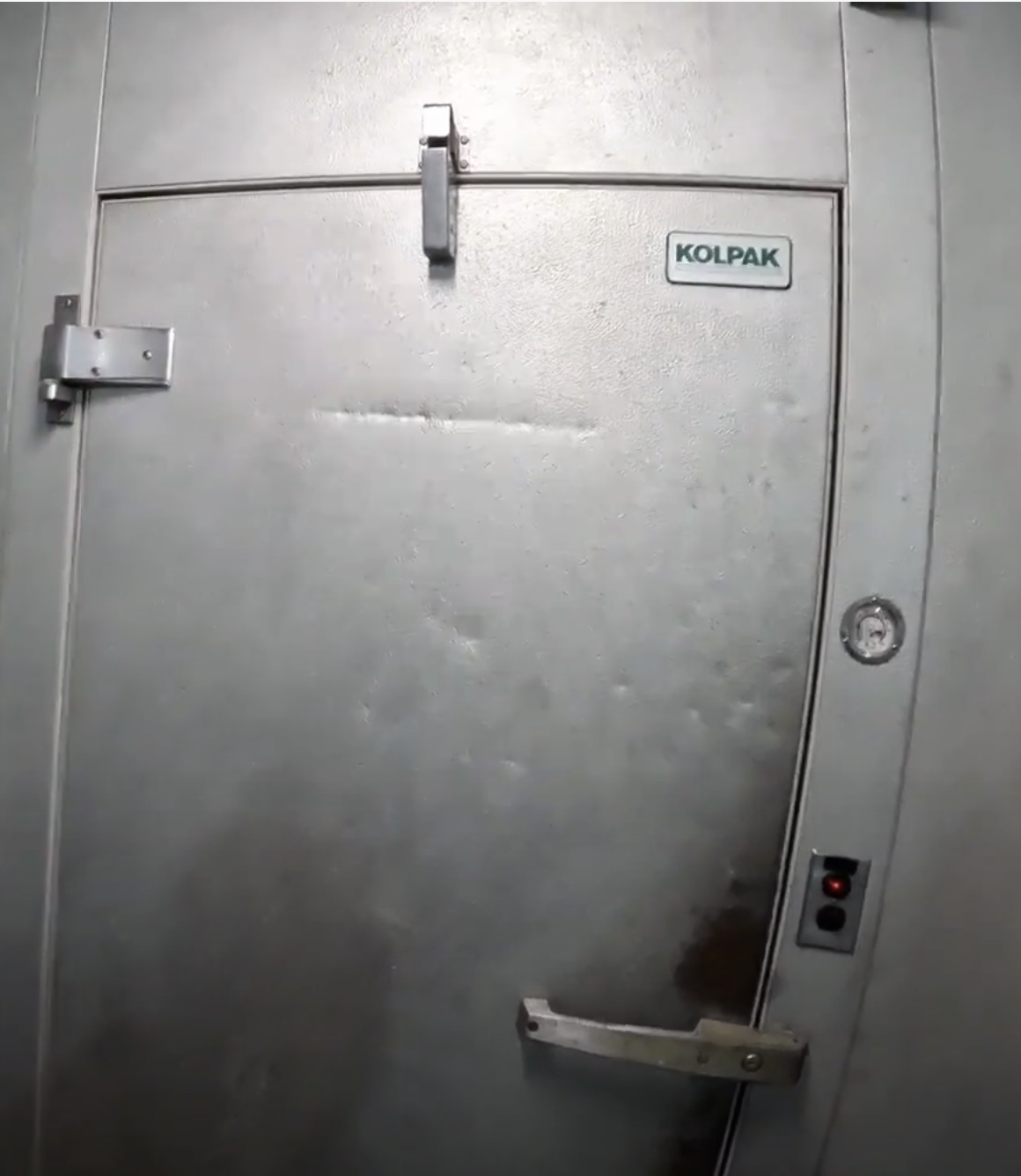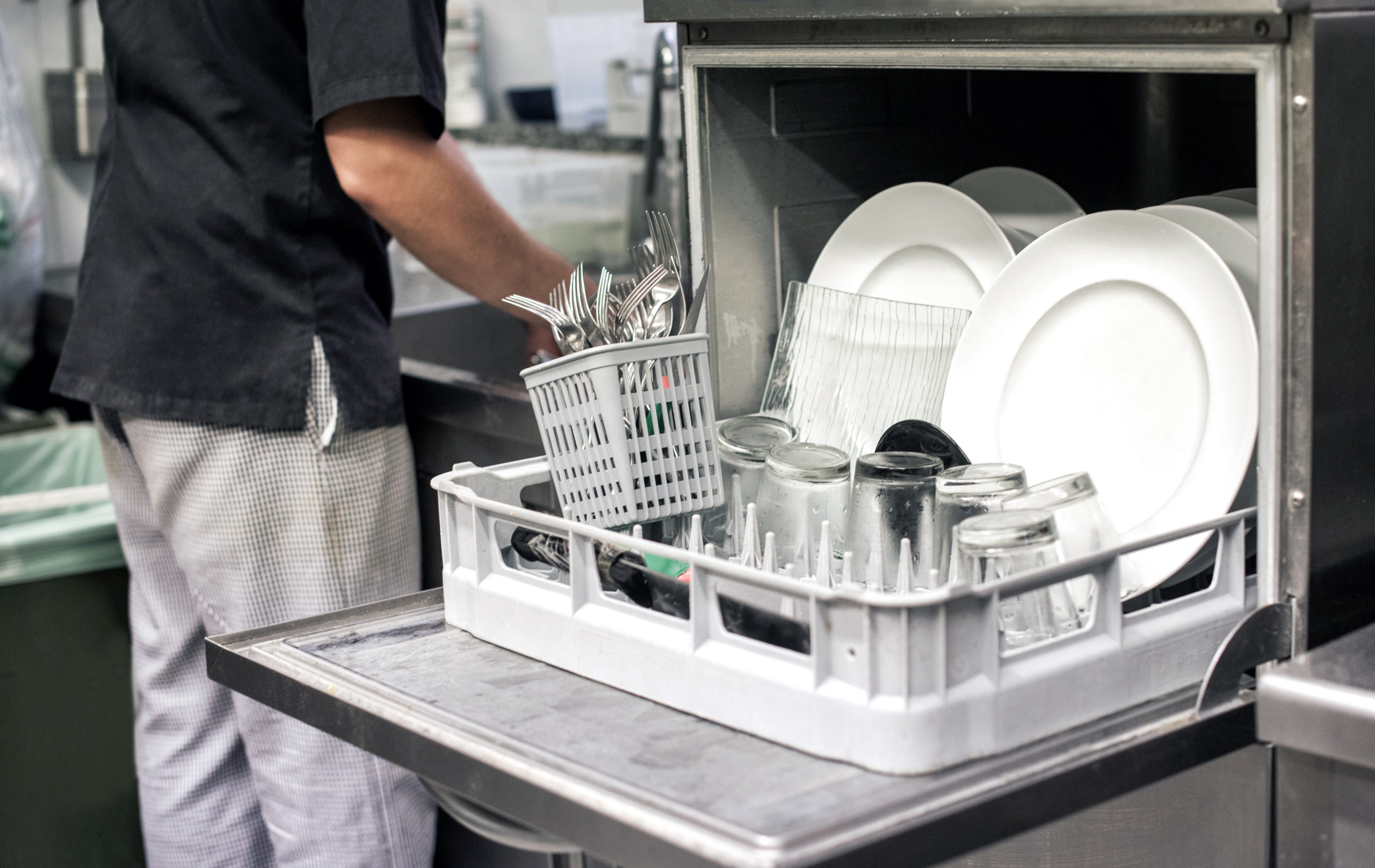When it comes to freezing and preserving food, both commercial and residential freezers play essential roles. However, they differ in their purpose, design, and functionality. In this article, we will explore the differences between commercial and residential freezers, their energy consumption, and whether you can use a commercial freezer at home.
 The Differences Between a Commercial and Residential Freezer
The Differences Between a Commercial and Residential Freezer
Residential freezers are designed for home use, with a focus on aesthetics, energy efficiency, and space optimization. They usually have limited storage capacity and are not built for heavy, continuous usage. On the other hand, commercial freezers, such as restaurant walk-in coolers, are designed for businesses like restaurants, grocery stores, and other food service establishments. They prioritize performance, durability, and large storage capacity.
A key distinction between the two is that commercial freezers often require commercial freezer repair and maintenance services due to their heavy usage and specialized components. Residential freezers, conversely, require less frequent servicing.
Energy Consumption: Assessing the Electrical Demands of Commercial Freezers
When evaluating the energy consumption of commercial freezers in comparison to residential units, it is essential to consider several factors that contribute to their increased power usage. Commercial freezers are typically larger, have a higher cooling capacity, and utilize more potent compressors to meet the demands of a busy commercial environment. These factors combined inevitably result in higher electricity consumption.
However, it’s worth noting that energy usage can fluctuate based on various elements, including the specific make and model of the freezer, the surrounding ambient temperature, and how frequently the door is opened and closed. These factors can impact the overall efficiency and power consumption of the appliance.
To offset the increased energy demands, commercial refrigeration installation and regular maintenance are crucial for optimizing energy efficiency. Through these services, businesses can ensure their freezers are operating at peak performance and minimize energy waste. Proper installation, insulation, and sealing can also help reduce heat transfer, further improving efficiency.
Despite these efforts, it is important to recognize that commercial freezers will likely remain more energy-intensive than their residential counterparts. This disparity in power consumption is primarily due to the inherent differences in design, size, and functionality between the two types of appliances.
 Is a Commercial Freezer Suitable for Home Use?
Is a Commercial Freezer Suitable for Home Use?
While it is technically feasible to use a commercial freezer at home, it may not be the most practical option for several reasons. First and foremost, commercial freezers are often much larger than residential units, making them difficult to accommodate in a standard home kitchen or utility room.
Secondly, commercial freezers typically consume more electricity due to their increased cooling capacity and more powerful components. This higher energy consumption can result in elevated utility bills for homeowners, making it a less cost-effective choice.
Lastly, the performance of commercial freezers is designed for the demands of a busy commercial environment, which may be excessive for the needs of an average household. Their heavy-duty nature may not be necessary for most home users, leading to an underutilized and costly appliance.
Before considering a commercial freezer for home use, it’s essential to weigh these factors and assess whether the benefits outweigh the potential drawbacks.
Advantages of Commercial Freezers: Why Choose Them Over Residential Units
Commercial freezers boast numerous benefits over their residential counterparts, making them an ideal choice for businesses in the food industry. These advantages cater to the unique needs of commercial environments and include:
- Large storage capacity: Commercial freezers, particularly walk-in coolers, offer a substantially larger storage area to accommodate vast quantities of perishable goods. This expanded capacity is vital for businesses that handle significant amounts of food, such as restaurants, grocery stores, and catering services.
- Superior temperature control: Maintaining consistent temperatures is critical for preserving food quality and safety. Commercial freezers are designed to achieve better temperature control, ensuring that perishable items stay fresh and safe for consumption even in busy settings with frequent door openings.
- Durability and robustness: Constructed with heavy-duty materials and components, commercial freezers are engineered to endure the rigors of continuous use in professional settings. This durability translates to longer-lasting appliances that can withstand the demands of a bustling commercial kitchen.
- Customization options: Many commercial freezers offer a range of customization possibilities to suit the unique requirements of a business. This flexibility includes adding extra shelving, adjusting the layout, or incorporating specific features, such as glass doors or temperature monitoring systems.
- Increased efficiency in a commercial setting: While commercial freezers may consume more energy than residential ones, they are specifically designed for high-traffic, demanding environments. As such, they can handle a large volume of food storage more efficiently and effectively than multiple residential freezers in the same setting.
- Compliance with industry regulations: Commercial freezers are often built to adhere to strict health and safety guidelines, ensuring that businesses remain compliant with industry standards and regulations. This compliance is particularly important in the food service sector, where proper food storage and handling are crucial.
Despite these numerous advantages, it is essential to note that utilizing commercial freezers comes with the added responsibility of regular commercial refrigeration maintenance. This upkeep is crucial for ensuring optimal performance, energy efficiency, and the longevity of the appliance. Scheduled maintenance can also help identify potential issues early on, preventing costly breakdowns and disruptions to the business.
In conclusion, commercial freezers offer a range of benefits that make them well-suited for use in professional settings. Their large storage capacity, superior temperature control, durability, customization options, and industry compliance make them an attractive option for businesses in the food industry. However, it is vital to consider the importance of regular maintenance to guarantee their ongoing performance and lifespan.
Can a Commercial Freezer Be Used as a Refrigerator?
While it may be tempting to repurpose a commercial freezer as a refrigerator, it is not advisable. Commercial freezers are designed to maintain much lower temperatures than refrigerators. Although some commercial freezers have adjustable temperature settings, they may not be able to maintain consistent refrigeration temperatures without compromising their efficiency or causing unnecessary wear on the components.
In cases where a business requires both freezer and refrigerator storage, it is better to invest in dedicated appliances and schedule regular walk-in cooler repair and maintenance services to ensure their proper functioning.
In conclusion, commercial and residential freezers serve different purposes and have varying features. While commercial freezers offer more storage capacity and better temperature control, they may not be suitable for home use due to their size and energy consumption. Always consider your specific needs and requirements before choosing between the two types of appliances.


